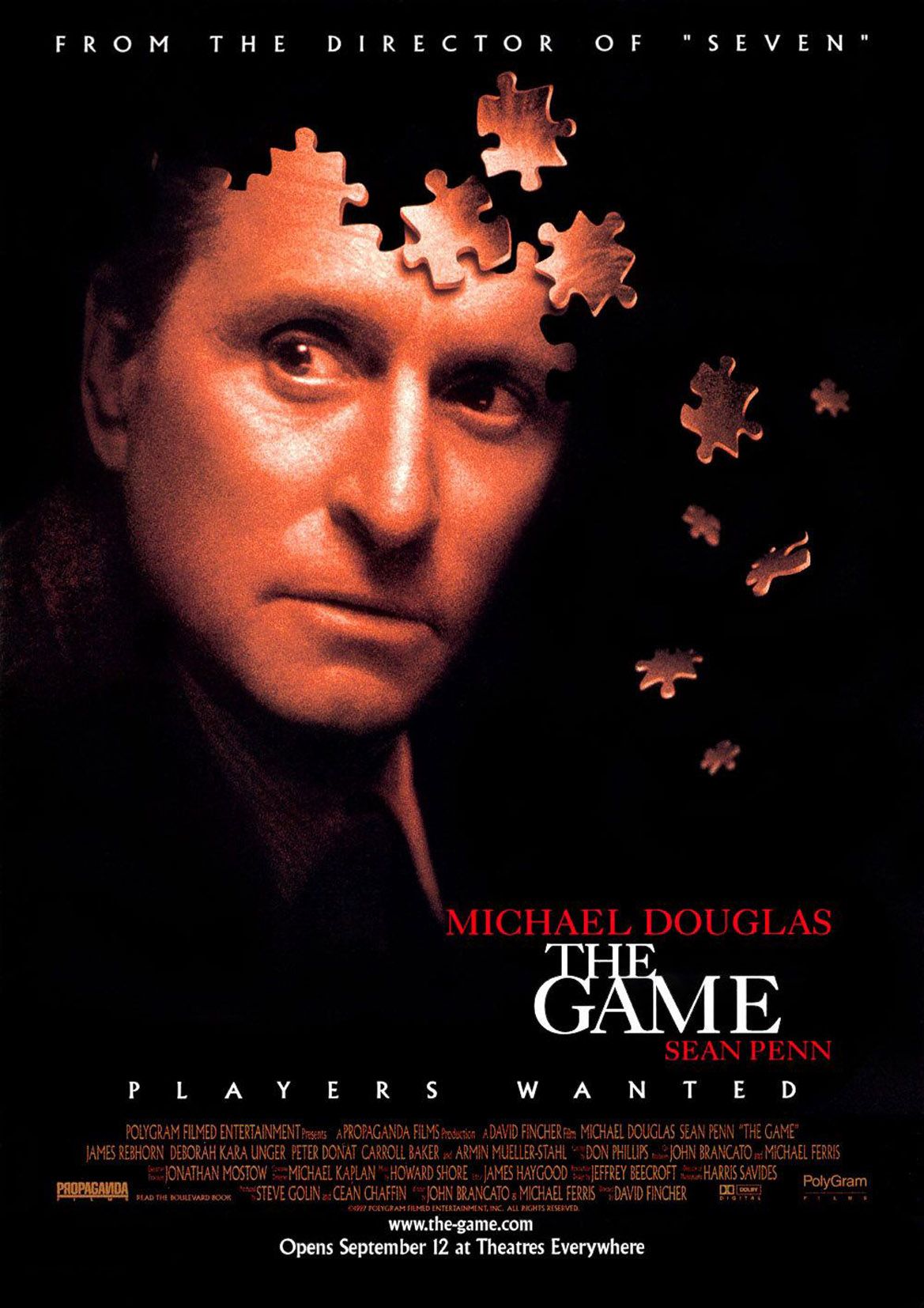My roommate the year after college was a bit of an odd duck. I'll call him Ian. We both worked entry-level jobs at different Hollywood agencies. But the similarities ended there.
Every evening, Ian would return to our mid-Wilshire flat with the sullen hunch of getting beaten down by the rat race. After a bit of small talk, he'd retreat to his bedroom, straighten up his posture in his gamer chair, and strap on a headset.
Over the ambient ESPN on our living room TV, I could hear the faint sounds of Ian planning campaigns and launching counterattacks with his guild.
Ian came to L.A. to work in movies, but he spent most of his time in the World of Warcraft. The reality he found when he moved out west didn't compute for him. So he sought refuge in a game.
The Hollywood agency world that consumed our days was a game, too. But the rules were stacked against us. We started at the bottom, airdropped into the mailroom without armor or weaponry.
Over time, if we accumulated enough experience points and forged the right alliances, we could work our way up the food chain. If we put in a few years, we could make it to agent trainee, then perhaps junior agent.
Ian soon decided that the game he played at night was more interesting than his daytime gig. So he gave up his Hollywood dreams and moved back to the midwest. I can only presume he continued to level up in Warcraft.
I also opted out of the agency game. In its place, I chose a playing field where I felt more in control: the startup game.
Agency life was like the original Donkey Kong. Every day was a single screen full of ladders and barrels with only one way to advance. Progress was slow, and monotonous.
Starting a startup, though, transported me into a rich three-dimensional world. Instead of a single track with increasingly difficult bosses, I found limitless possibilities.
Two events of this past week got me thinking about Ian and the games we play in life:
- First, I hosted a conversation on Twitter strategy, with gurus Matthew Kobach, Trung Phan, and Charlie "John W. Rich" Light.
- Then, Packy McCormick released a brilliant essay describing The Great Online Game.

Packy's latest paints the entire online world as a massive multiplayer game. We're all the players, and our actions have real-world implications. Cryptocurrency is the in-game currency. Twitter is the leaderboard.
It's a fascinating, bright-eyed vision of the modern metaverse-meets-reality moment. The optimist in me loves the concept and has me ready to push in all my chips. But the realist in me has a grip on my collar trying to pull me away from the table before I lose my shirt.
You see, games are addictive by design. The mix of luck, skill, and variable reward strikes all the notes that create a craving for more.
If this great online game has a gateway drug, it's Twitter. In the web's public square, intellectuals, influencers, aspirants, and bad actors come together to compete for credibility points.
Last week, Matthew, Trung, and Charlie shared their unique approaches to mastering Twitter. To the observer, those three make going viral look easy. Yet underneath the surface lies deliberate strategy and concerted effort.
Read this thread for the best insights from Audience Builders with the Twitter experts.
How to win at Twitter without really trying:
— Dave Nemetz (@davenemetz) May 11, 2021
You can't.
Growing on Twitter takes hard work, and don't let any growth hack threads convince you otherwise.
I spoke to Twitter sages @mkobach @Cokedupoptions and @TrungTPhan on last week's Audience Builders.
My key takeaways:
One interesting thought bubble from last week's conversation:
Ever wonder why mega-viral tweets often originate from brand new accounts? That's just the Twitter algorithm minting another addict.
Don't hate the player, hate the game.
Yet as our conversation went on and more legendary meme dealers joined the fray, the tone shifted. The mastermind conversation started to resemble a collection of addicts, jonesing for their next fix.
They obsessed over scoring that next big viral hit, and feeling the rush of serotonin wash over them. Twitter is their game, and they're hooked on the game mechanics.
Live by the meme, die by the meme.
Gonna tell my kids these were the Avengers pic.twitter.com/7Ze0J2mBMA
— Dave Nemetz (@davenemetz) May 7, 2021
But there's a different way to play. A strategy that looks past the short term fixes and aims towards long-term leveling up. Instead of being a cog in the game's machine, this approach is all about adapting the game to your strengths.
As the memelords piled into the room, Matthew bid us farewell to go meet up with a Twitter friend out in the arena called "real life". He was playing a different game.
Twitter is a drug. But what kind of drug is it?
Used one way, Twitter can be more powerful than the most mind-expanding psychedelic. You can learn from and interact with some of the world's best thinkers. You can build a community of like-minded spirits. You can create an alternate reality where you're free to express your authentic self.
Used another, and it's digital crack. You feed off the dopamine hits from each like, retweet, and follow. Those moments are fleeting. As soon as one passes, you're chasing the next one.

So go ahead and play the game. But do it with intention.
Remember to define your purpose. Create–and stick to–a strategy. Don't get caught up in the short term dopamine hits and setbacks.
Play the long game. Online and IRL.
There are games you play for pleasure, and games you play for enjoyment.
Pleasure feels great in the moment. But it doesn't last. Chase too much of it, and you may self-destruct.
Games you enjoy challenge you and build character. As you go deeper, you'll find ever richer layers of learning, discovery, and fulfillment.
Make sure you know which one you're playing.



